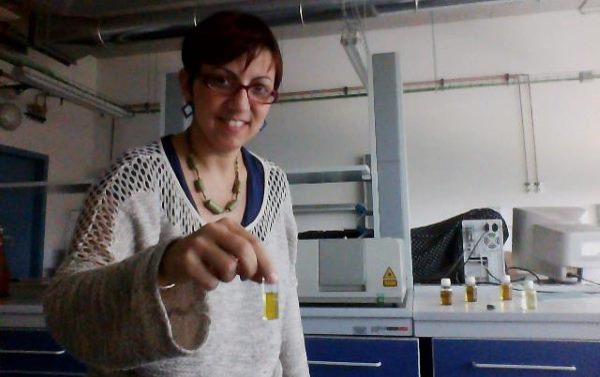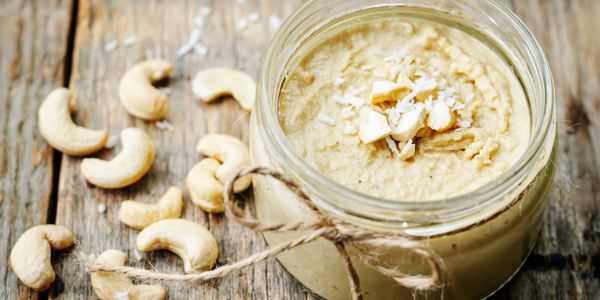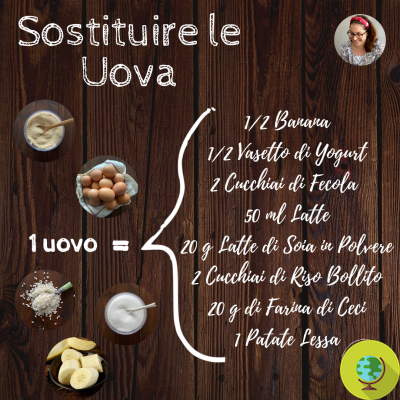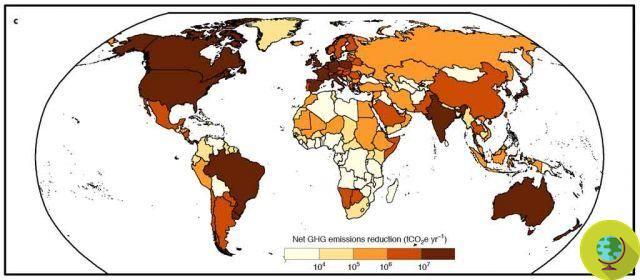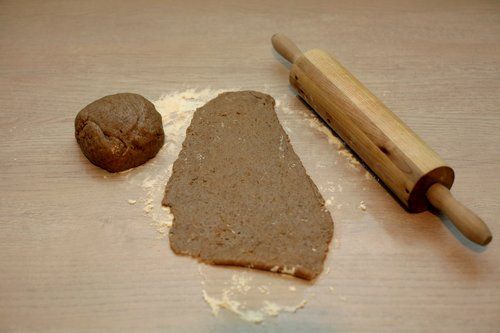Setting a maximum level of sugar intake, below which consumption does not cause health problems, is not possible.
Don't store avocado like this: it's dangerousIt is not possible to set a risk threshold: so EFSA confirms the correlation between the intake of different types of sugars and the risk of developing a series of health problems, including obesity, diabetes and tooth decay
Establishing on a scientific basis a maximum tolerable intake level of dietary sugars, below which consumption does not cause health problems, is not possible. To say this is a provisional evaluation conducted by a group of scientific experts on nutrition of the European Food Safety Authority (EFSA), after analyzing more than 30 thousand publications.
EFSA's conclusions on the safety of food sugars were published in a draft opinion on which a public consultation was launched which will end in September.
Also read: Which sugars are best for our health and which ones are best avoided
Requested by five Nordic countries
It is Denmark, Finland, Iceland, Norway and Sweden who asked EFSA to update a 2010 assessment and to review the most recent scientific literature on the links between sugar intake and diseases including obesity, type II diabetes, cardiovascular disease, gout and dental caries.
Specifically, it was asked whether it was possible to establish on a scientific basis, with reference to total dietary sugars, a threshold value called "maximum tolerable intake level" (UL) for nutrients, below which consumption does not cause problems of health. After sifting through more than 30 publications, scientific experts have provisionally come to the conclusion that it is not possible to set this threshold.
Despite this, the opinion confirms, with relative degrees of certainty, the multiple links between the intake of different categories of sugars and the risk of developing chronic metabolic diseases and dental caries. The purpose of this information is to assist EU Member States in defining nutritional goals for the population and / or health recommendations for individual citizens on the national territory, the note reads.
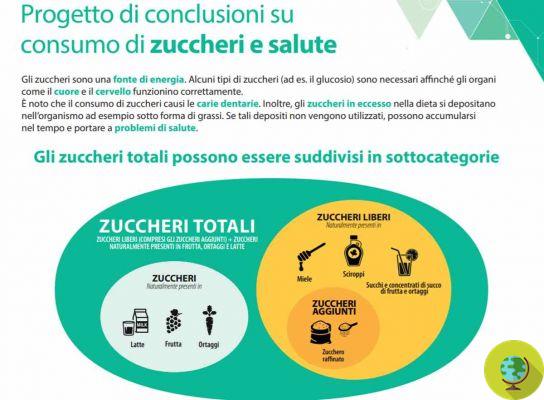
©EFSA
The draft opinion includes an EU-wide intake model with which to calculate the consumption of dietary sugar in each country, and a more detailed picture of the main categories of foods that contribute to the intake of sugar through diet.
According to EFSA, the main ones sources of intake of free and added sugars vary from adults to children. If for the latter are milk and sugary dairy products, for adults the main sources are sugary drinks, sweets, fruit juices and pastries.
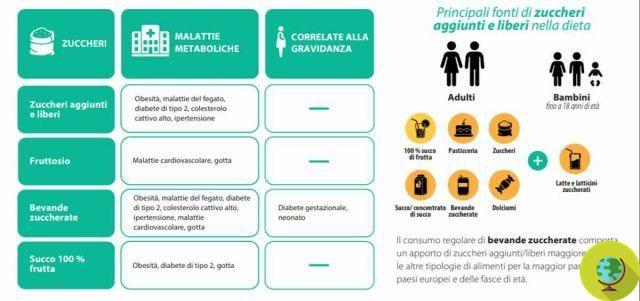
©EFSA
Source: EFSA
Read also:
- Too much sugar hidden in food and drink, 5 tricks to find it (and avoid it)
- Refined sugar: 10 scientifically proven reasons to limit its consumption
- Do you have a sugar addiction? 10 signs to identify her and keys to fight her
- How to detox from sugar step by step
- Sugar? As toxic and harmful as smoking and alcohol








